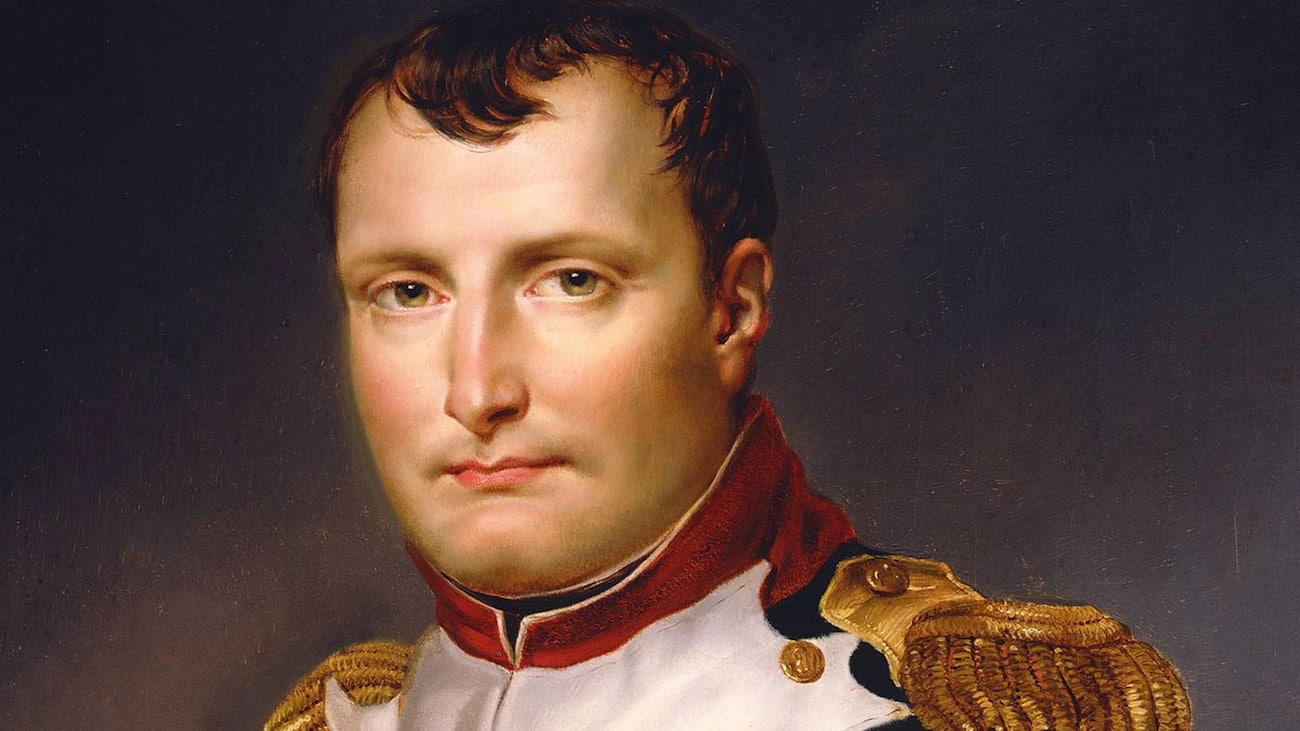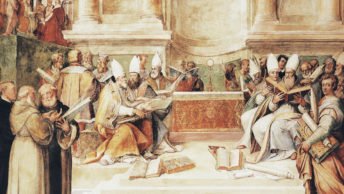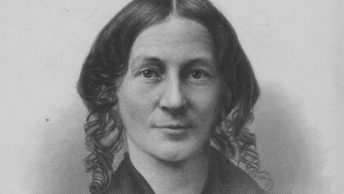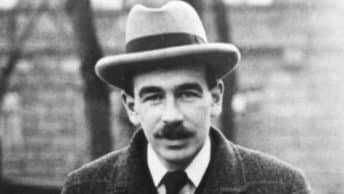I have always enjoyed studying history. I have spent most of my adult life, reading, thinking about and even teaching it. The proper teaching of History has changed for the worst in the last three generations. It is now one of the most abused and least understood intellectual disciplines in our schools’ curricula.
There are several different ways of looking at history that further complicate this subject. Napoleon said, history is a lie we all agree on! It is also a truism that history is written by the winners. Henry Ford is alleged to have said, history is bunk. Ford also would have undoubtedly agreed with the cynics who hold that history is nothing more than a combination of propaganda, falsehood, and gross distortion. Though all these statements have a scintilla of truth, their abject cynicism offers little insight to the discussion of history.
I have always believed that history was a relentless search for the truth. To me, it is the story of our earthly existence or what I call man’s human nature in recorded time. This is a definition that has served me well for many years. I believe that this is where the cultural divide that has plagued this country for the last three generations started. I am alluding to one of the leading philosophes of the French Revolution, Jean Jacques Rousseau, who erroneously believed that man’s nature was basically good and without flaw as the Christian perspective has always held.
To be a true historian, one must have an indefatigable sense of inquisitiveness. It is much more than the who, what, where and when. The most important question the historian must ask is why things happen. It blends fact with philosophy and the highest form of thinking the historian can achieve. Writing and understanding history is impossible without a philosophy of history. Why is also the most difficult question to answer. When I was in Graduate School, it led to some very spirited exchanges.
Part of the problem of teaching history is that new generations have progressively lost their natural ability to be curious about how we got to the situation we now live in. Curiosity is a basic drive that seeks to absorb as much knowledge and information that is humanly possible. Educators today have done a great deal of harm to these students by distorting the past and its interpretations in terms of their own way of thinking. Philosophical indoctrination has replaced the search for fact, truth, historical reality and its attendant curiosity.
Nothing kills the curious cat quicker than being forced to accept, word for word, the ideology of the professor. It dulls the aggressive spirit that fosters our human need to know what is good, true and beautiful. The natural and human sciences are propelled by this intellectual curiosity to understand and solve the problems of the universe. The same used to be true of history. To this kind of thinker, history creates an insufferable itch that the teacher must constantly scratch away layers of detritus to find the core of just why selected events happened in the past. Molding the past to fit your ideological framework, as has been the case with the New York Times’, Project 1619, is nothing more than Marxist agitprop and without any redeeming threads of intellectual value or utility. Why did the Civil War or any other war happen? Why were the Kennedy brothers shot? We may never find the answers but the journey is what constitutes a true education.
In my role as an historian, I have always been repelled by the thought of revisionist history. As I advanced more in the study of my craft, I found that there were two types of revisionist history. The first deals with agenda politics in that the historian is determined to rewrite history so it will correspond with his own predetermined principles and prejudices. This kind thinking is most often seemed at the Graduate School level today. As a result this view reigns in most History Departments around the country.
Many of these historians are economic or Marxist determinists, schooled in the thought of Charles Beard, whose classic, The Economic Interpretation of the Constitution of the United States distorted several generations of graduate and undergraduates students.
The other kind of revisionist history deals with new material. This is an honest attempt to rewrite and our arrival at truth the only real reason we should be doing anything. A prime example of this kind of revisionist history is America’s entry into World War II. Over half a century the American public has been deceived by the proponents of liberalism, those who favored the policies of Franklin Roosevelt without any concern for the truth and the fatal consequences of the circumstances that surrounded the Japanese attack on Pearl Harbor.
There is much historical evidence that makes the case that FDR knew well in advance of the attack and did nothing to warn his own his own military because he so desired America’s entry into the war. If it is true, it says something about his Machiavellian predisposition that he was willing to sacrifice over 2,400 servicemen for his own political agenda. Given the addictive attributes of power and its ability to corrupt, this is not so hard to accept. This so-called back door theory of war is prevalent in many of these so-called conspiracy theories that have abounded since the assassination of President John F. Kennedy in 1963.
History is also an art form in itself and the first rule is not to be fall victim to emotionalism, romanticism or hyperbole. The main problem for the historian is be true to the past as it really happened. Do not judge the actors in the dramas of the past by the mores of the current times. This is to fall prey to the fallacy of Historicism, which is a violation of the historian’s integrity. We should not rewrite, erase or create a new past. This is the cardinal sin of intellectual dishonesty.
History is not just for the classroom. It is always happening and what happens usually affects our daily lives. So we should all be attuned to what is going on in the world, especially Washington, D. C. Will Rogers used to quip in his act that all I know is what I read in the newspapers. If he were alive today and followed that philosophy he would be virtually ignorant of what is really happening. The same would be true of if he were a college student. Both information venues, especially the historians have sold out.
We should never forget the prophetic words of historian George Santayana who said, those who did not know the past are often doomed to repeat it. Writer Norman Cousin gave us the perfect corollary to Santayana’s aphorism. History is a vast early warning system. How many of these have we missed over the centuries? The key is to read and listen to as many different sources and not just accept what passes for the conventional wisdom, or what is popularly accepted as true by most people without allowing for detailed discussion, analysis or dissent.
But there is a serious caveat, even for the serious student of history. Because of all history’s variables, sometimes it is very difficult to answer all of its questions. So never forget that the search for truth must always be tempered by the Biblical verse that says in this life we see things through a glass darkly.








